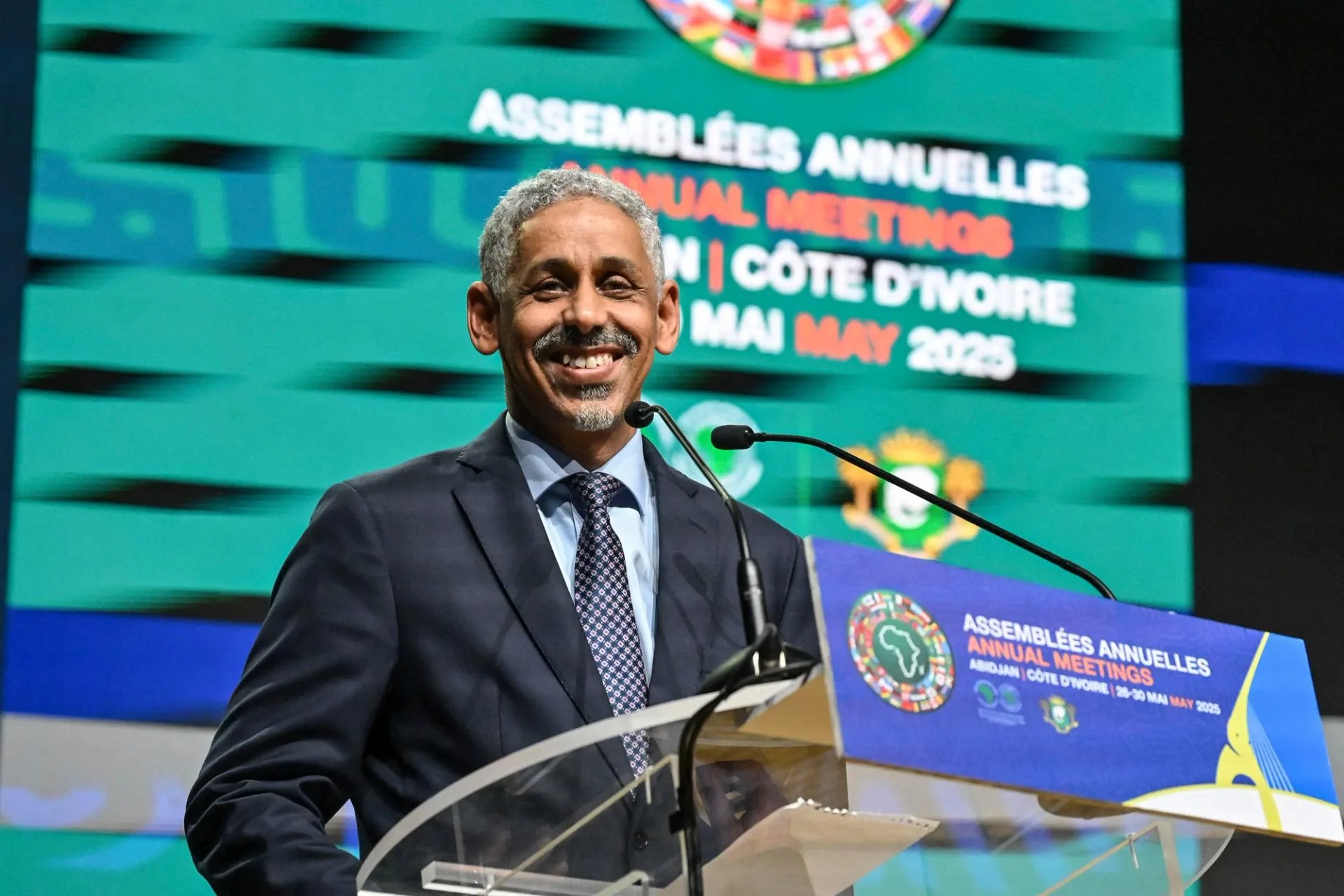
Mauritanian economist Sidi Ould Tah officially assumed the presidency of the African Development Bank (AfDB) on September 1, 2025, in Abidjan, marking a historic shift in the continent’s approach to development financing.
Tah succeeds Akinwumi Adesina at a time when Africa faces urgent economic challenges, with more than $50 billion in development projects pending approval.
Addressing African leaders at the Sofitel Hôtel Ivoire, Tah outlined an ambitious vision for the AfDB, stressing the importance of continental self-reliance.
“Africa must build its own capacity to mobilize its resources and channel them toward its priorities,” he declared, calling for a “new African financial architecture” to reduce reliance on international donors.
Current statistics underscore the urgency of his mandate: Africa still depends on external financing for roughly 70% of its infrastructure projects. Tah’s strategy aims to transform this model by leveraging African capital and enhancing domestic resource mobilization.
The new AfDB president has identified three strategic pillars: energy transition, food sovereignty, and digital transformation. These sectors collectively account for around 80% of the continent’s financing needs.
“The continent can no longer afford to wait for solutions to come from elsewhere,” said a close advisor, highlighting Tah’s determination to chart an independent course for Africa’s development.
Tah will also face the immediate challenge of managing a $15 billion portfolio of distressed debt, a legacy of recent economic turmoil that threatens regional stability.
Strengthening private sector engagement and encouraging African investors to participate in financing initiatives will be critical to overcoming these hurdles.
Observers note that Tah’s leadership could signal a significant departure from the AfDB’s traditional dependence on external aid, prioritizing homegrown solutions and fostering deeper continental cooperation.
As he takes office, all eyes are on how Sidi Ould Tah will navigate the delicate balance of stimulating economic growth, managing debt, and ensuring that the AfDB becomes a central instrument for sustainable, pan-African development.
The coming months will be decisive in shaping Africa’s financial independence and long-term prosperity.



